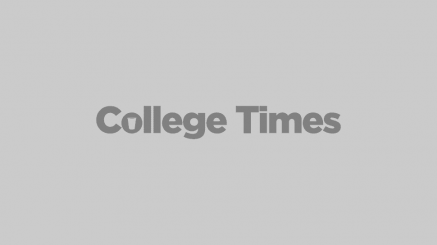The Hobbit Reviewed So Far...

The Desolation of Smaug, which has only been out in theatres since the 13th, has now amassed over $400 million at the box-office. It will likely continue to do such business to the mark of a billion but that's not what this article is about. As far reaching as the commercial prospects will extend, if only because of previous installments' legacies, there is always the debacle of how to place this movie against its others parts critically.
I have personally enjoyed the first two parts of what I still consider to be an unnecessary trilogy. While I feel it has been stretched out therein, I am beginning to understand where Peter Jackson's vision lies within these films. An Unexpected Journey was overtly long and self-referential with regards to The Lord of the Rings but a single installment would, in retrospect, have undoubtedly rushed the pace by which were introduced to the characters. It is important to set a platform for each of the thirteen dwarves too, because otherwise we would not care about them when it came to Lake Town. Jackson did a great job at distinguishing them, even if none matched the personality of Gimli.
With that in mind however, was it really necessary to have that huge supper scene? It felt longer than it actually is to have supper and it delayed any form of action until the hour mark had passed. In Fellowship, so much more had happened by this point. In fact, in Fellowship, they achieved at least twice as much as they did in the first Hobbit movie, without blitzing through the dialogue and settings. One could argue that Jackson makes up for this with a few cool scenes involving Radagast's journey to Dol Goldur, the Goblin Town and Bilbo's encounter with Gollum. Firstly, that Dol Goldur storyline has not been enthralling yet and we are two films in. Secondly, Goblin Town was strange because of their king; he's too big for the goblins and has that formidable chin. Thirdly, we already met Gollum so his impact can only be so spectacular. The same goes for meeting Elrond and Legolas and Galadriel and Saruman again, the latter three of which are not even in the books.
Now, to digress for a moment, let's talk about Legolas. It has been argued that while he did not appear in the 300-odd page book, his presence in those woods would have been likely because Thranduil is his father. Well, he isn't mentioned and going into the movie, I didn't want to see him! He was a good the first time so why bring him back so flippantly? If Tolkien wanted to put him into the Hobbit, he would have done so when he went back to revise it, for the purposes of making the One Ring more characteristic for LOTR.
Many people enjoyed An Unexpected Journey but criticised its lenght and pacing. It received a 65% approval rating on Rotten Tomatoes as well, which paled against the LOTR's 90-odd percentages. Reviews for The Desolation are a lot more enthusiastic with that approval rating sliding up to 75%, good, but still no LOTR. At first, I did not know what to think about it; I was entertained but puzzingly unsatisified. Then, I saw the LOTR trilogy on the TV again (Sky Demand, catch now) and finally, I could contextualise these two Hobbit installments. I feel that the second part was a great deal more justified than its predecessor in pacing. It did not become boring at any part. It was a messy affair however.
The Two Towers, which served as the middle-piece for the LOTR was never going to be the easiest part to adapt. Jackson took great liberties with it however and made it like its predecessor and sequel; a movie of its own right. Beginning, middle and end- these are what movies need. The Desolation, for all its river-rapids-fun, lacks a beginning, middle and end. It begins in the thick of action and ends in the thick of action. There is no clear main character throughout. Gandalf's journey is barely shown. Legolas is for some reason, an integral part. It feels like a movie that was cut and pasted from a larger movie and chucked before our eyes, so that "Oh My Go-!" ending could be justified, without conclusion. Even though An Unexpected Journey ended at an unusual segment of the book, it at least put a cap on the action and drama with a longing glance towards the Lonely Mountain. We could at least make out the arc of Bilbo's character in it. This second installment very much lacks structure, even if it is entertaining in parts.
I will most definitely see There and Back Again, at least once, but I will not expect to relive the magic of the early Noughties. The LOTR was one of the best trilogies ever and will stand the test of time. The Hobbit saga will excite and enthrall, it will be no Star Wars I-III, but it will not serve as equals to Jackson's masterpieces. It is not only because it appears less original though, it is because it was never meant to stand on as epic a scale as its sequels.
So far thus, I would give The Hobbit a B, against LOTR's A.
But what do you think? Am I being too harsh or too lenient? Please comment below.